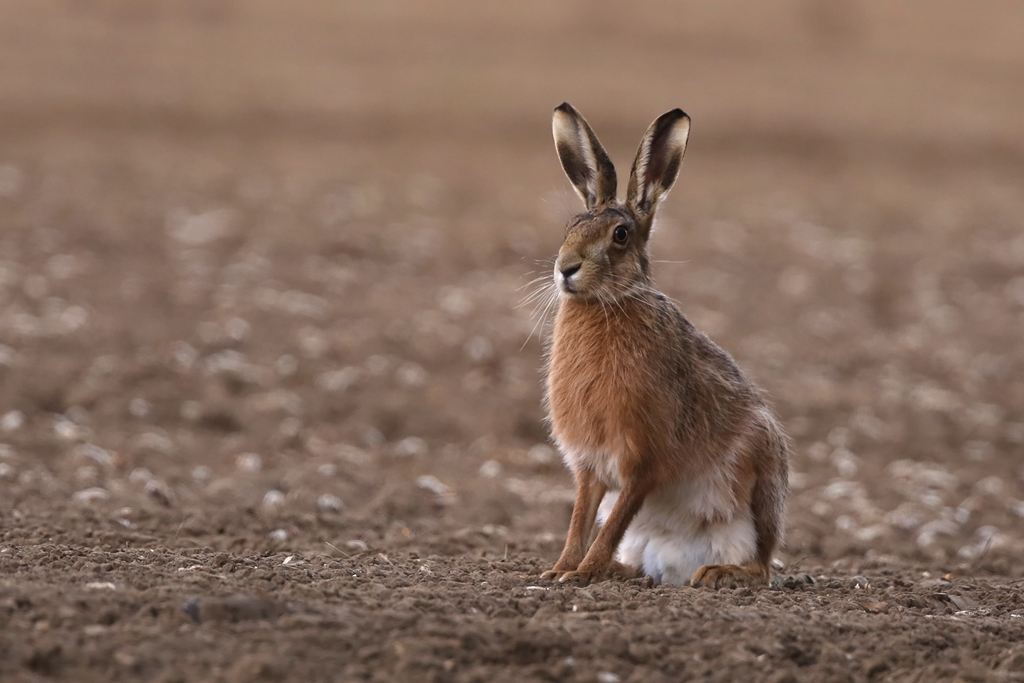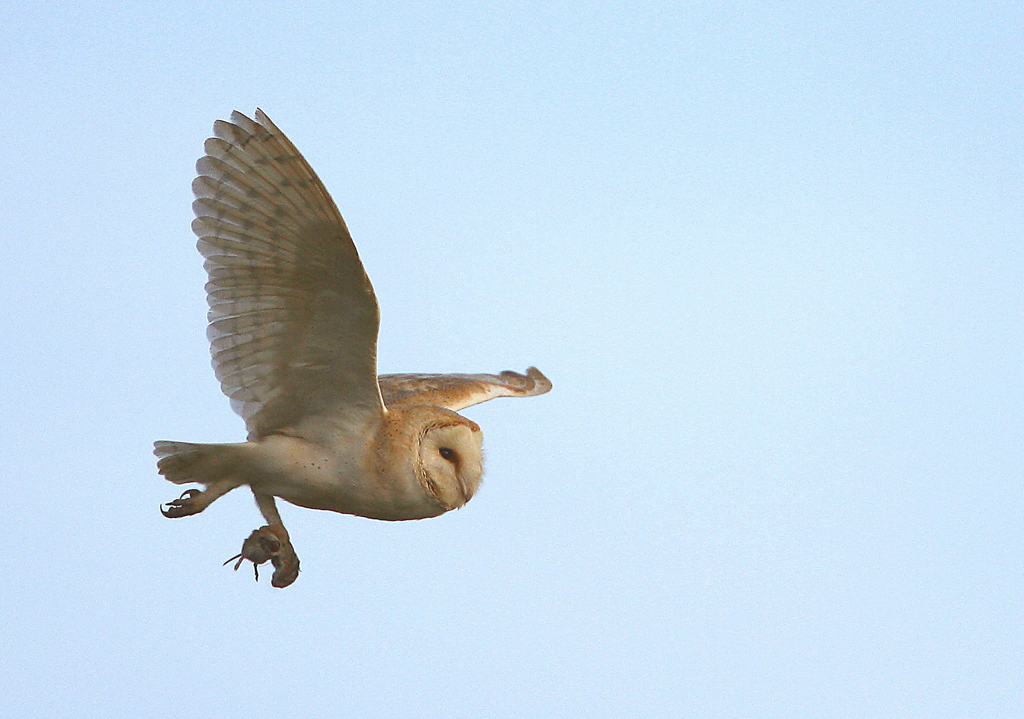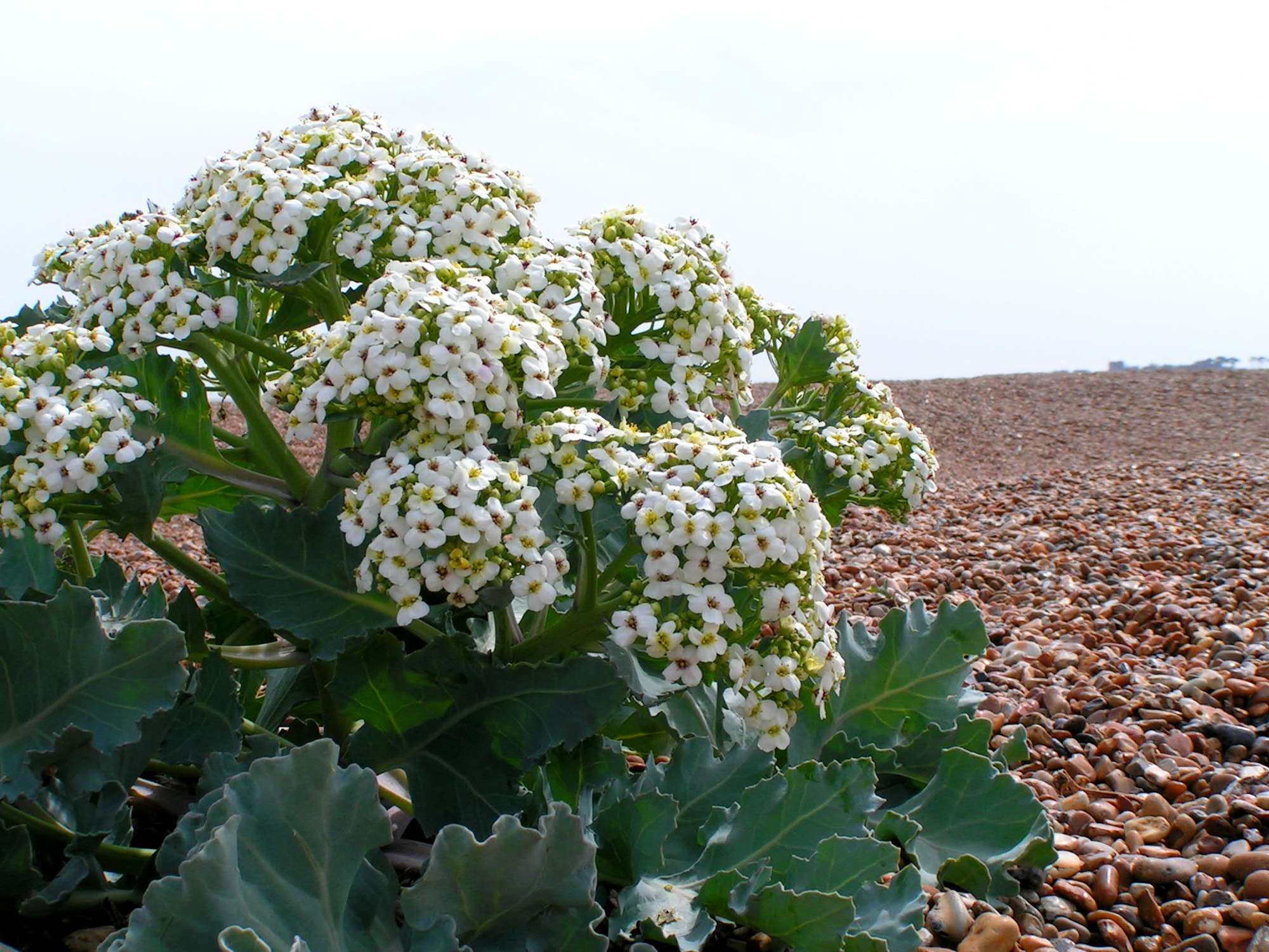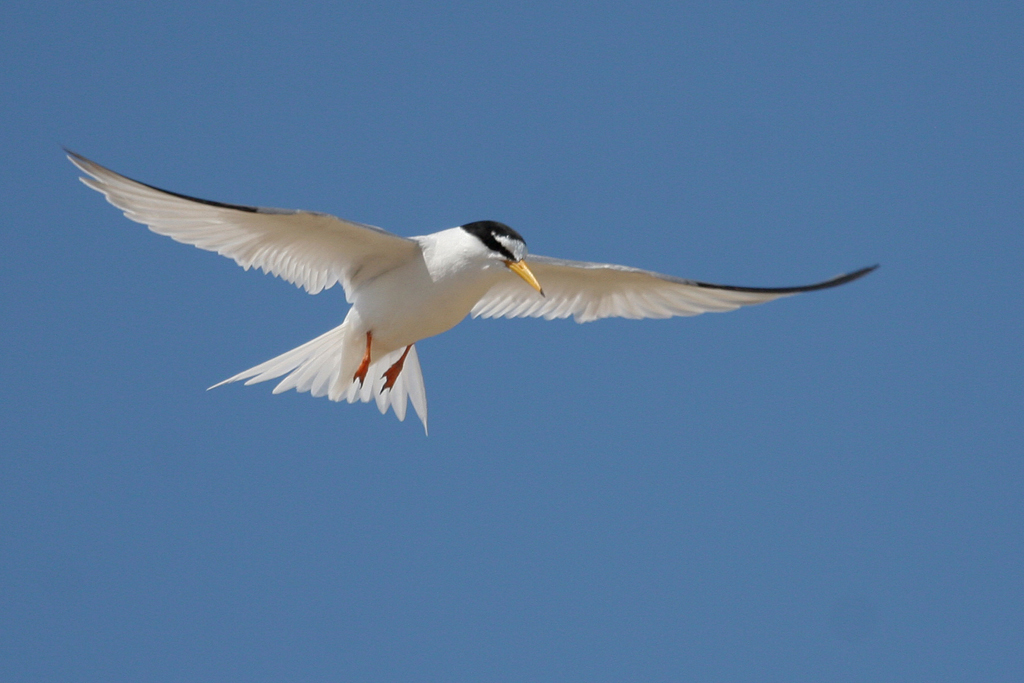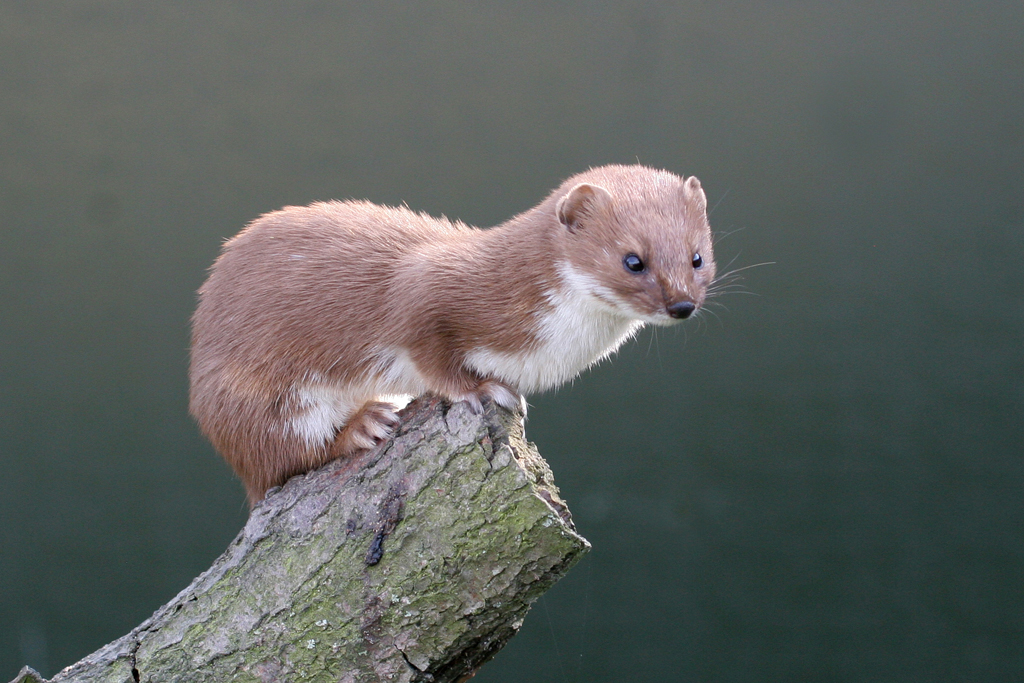There’s a 1989 film called ‘Field of Dreams’ in which an Iowa farmer (Kevin Costner) converts one of his corn fields into a baseball stadium to relive memories of his childhood sporting heroes. ‘Build it and they will come’, he hopes, and so they do. There is a conservation equivalent to this in the ambitions of bodies like the RSPB, which acquire tracts of former farmland in the hope that our threatened wildlife will return to populate it. ‘Save it and they will come’ is their corresponding motto. In 1948, the RSPB bought Havergate Island (the only island in Suffolk) to protect the first nesting avocets to have returned to Britain since the mid-nineteenth century. That too was a huge act of faith, but the avocets flourished and the site went on to attract a huge range of other wildlife including, most recently and excitingly, a colony of nesting spoonbills. It was a similar story at RSPB Lakenheath, where since 1995 they have transformed the former carrot fields into a major wetland reserve which now has breeding bitterns, marsh harriers and cranes.
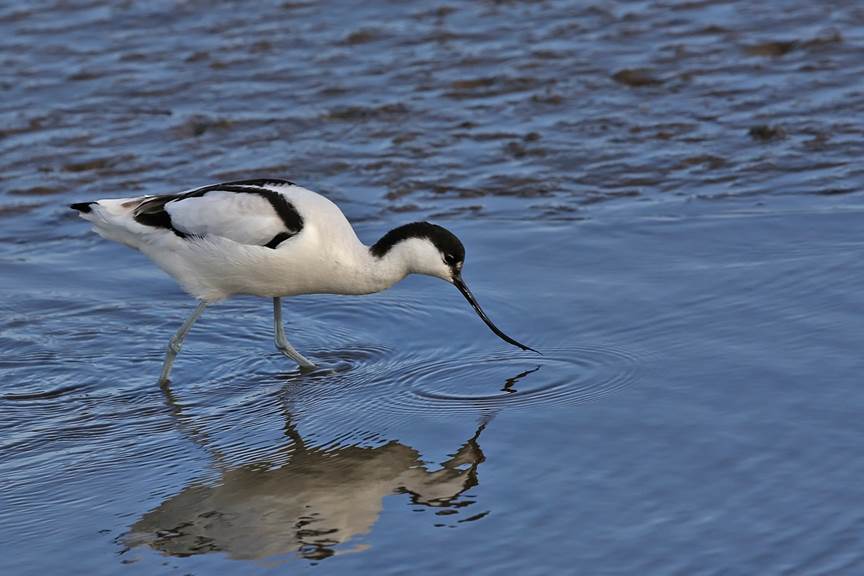
These are both spectacular success stories, but we can all do our bit on a much smaller scale. The residents of Shingle Street have just embarked on a modest community venture of this kind. We have acquired an adjacent field, which was poor-quality grazing land, and are planning to turn part of it into a wetland. Shingle Marshes, as we are calling it, is already home to skylarks, snipe and brown hares, but we plan to restore some ancient lagoons and channels to create new habitats for visiting waders and wildfowl – curlew, godwit, lapwing, teal and wigeon, maybe even a breeding avocet of our own one day. We will also encourage a spread of fringing reeds for nesting warblers, reed buntings and (in my dreams) bittern, as well as water voles, harvest mice, dragonflies and rare aquatic invertebrates like the starlet sea-anemone. The overall aim would be to protect what is already there and to restore the biodiversity of local species we have sadly lost over the years.
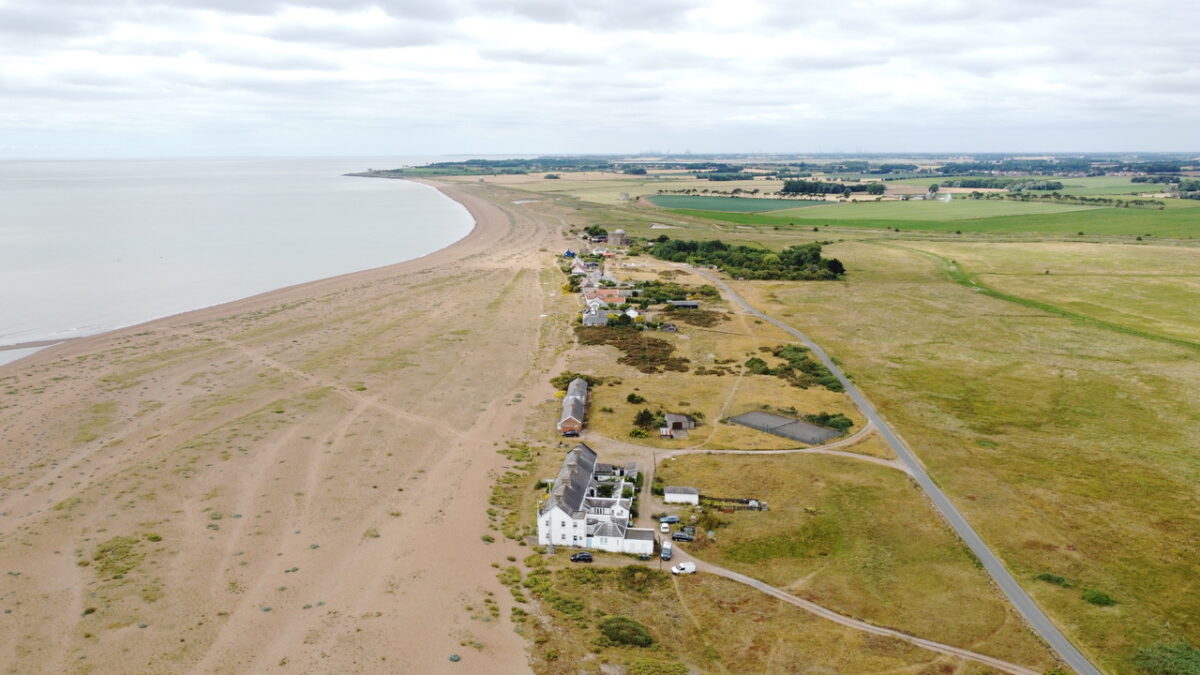
There is, however, also a second important conservation motto. We must not only ‘Save it so they will come’, but then ‘Leave well alone’ if they do. The whole field is readily visible from the road and sea-walls, but we shall need to protect it from any closer access by people and their dogs lest we end up destroying what we have just created. In the words of the poet Gerard Manley Hopkins:
O let them be left, wildness and wet.
Long live the weeds and the wilderness yet
Jeremy Mynott
February 2024




